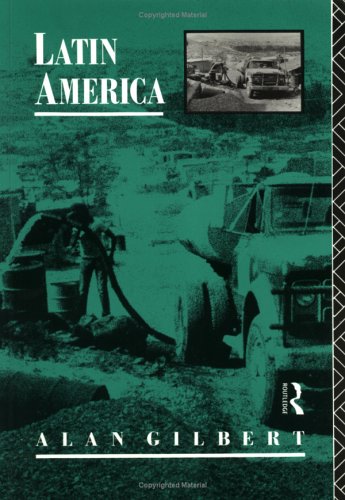Routledge Introductions to Development
1 total work
Latin America represents one of the richest and most complex regions of the world in terms of culture, history and politics. It cannot be understood without recognising the legacy of the Portuguese and Spanish rule. Despite over a century of independence, Latin America's most enduring characteristics - language, religion, land ownership, industrial patterns and social inequality - are rooted in its colonial past. This text describes the development of Latin America since the time of the conquistadores in the 16th century, interpreting Latin American development as the outcome of both external influences and internal dynamics. It covers a wide range of issues - agricultural development, rural conditions, land tenure, reform and colonialisation, industrialisation, the debt crisis, income distribution, employment and unemployment, migration, urban housing and services, class, race and gender, and the nature of Latin American politics - and sets them in their historical context.
